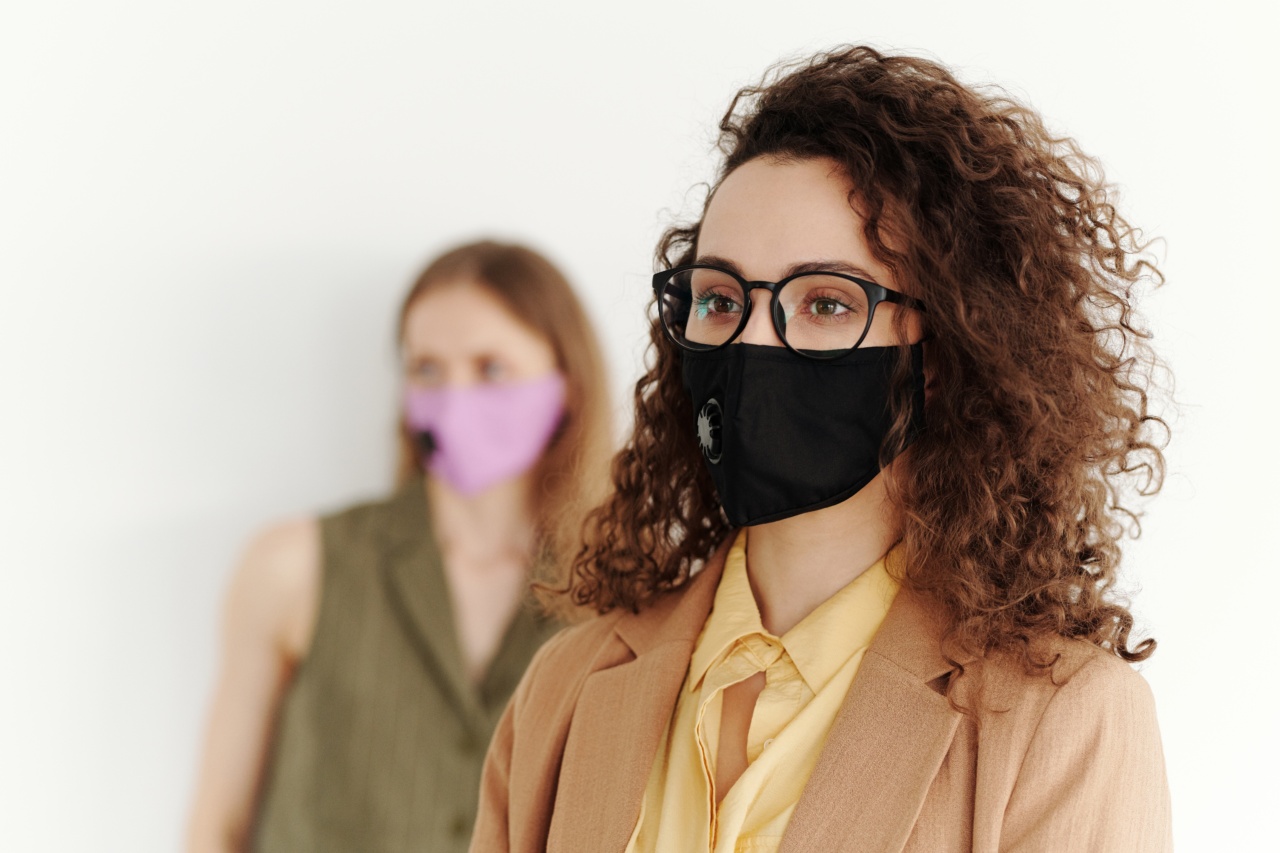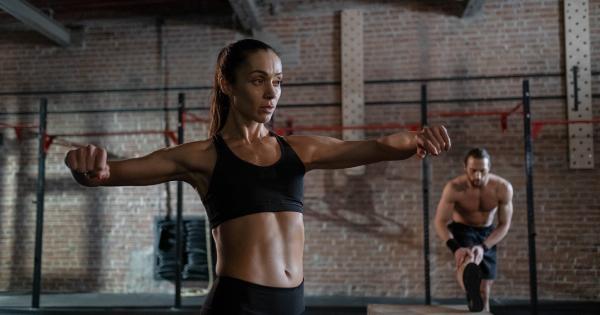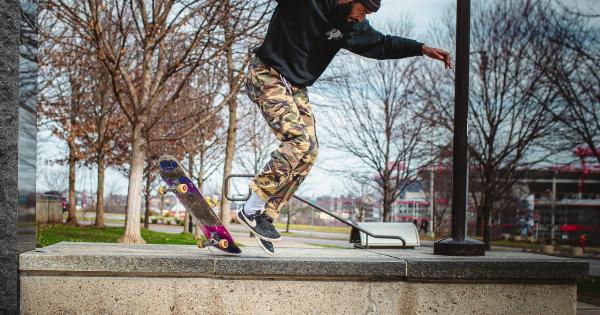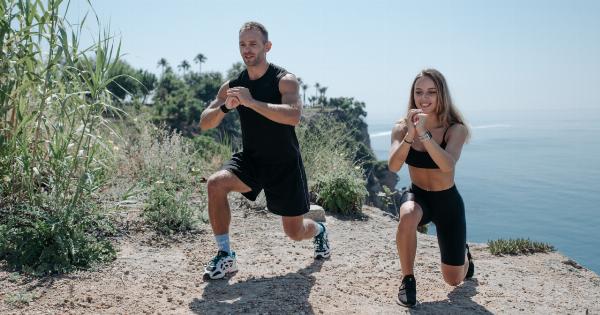Heatwaves can be both uncomfortable and dangerous, with the risk of dehydration being a significant concern. Dehydration occurs when the body loses more fluids than it takes in, causing an imbalance in essential electrolytes.
It’s important to take proactive measures to stay hydrated during heatwaves. In this article, we will explore various tips and strategies to help you stay cool and avoid dehydration.
1. Drink plenty of water
One of the most effective ways to prevent dehydration is by drinking plenty of water. The body requires an adequate amount of fluids to regulate its temperature and carry out essential functions.
During heatwaves, it’s crucial to increase your water intake to compensate for the excess sweating and fluid loss.
As a general rule, aim to drink at least 8-10 glasses of water per day. However, during exceptionally hot weather, it’s recommended to consume even more water.
Keep a water bottle with you at all times, and make a conscious effort to take regular sips throughout the day.
2. Avoid or limit alcohol and caffeinated beverages
Although it may be tempting to grab an ice-cold beer or a refreshing soda during a heatwave, it’s best to avoid or limit your intake of alcohol and caffeinated beverages.
Both alcohol and caffeine have dehydrating effects on the body, which can exacerbate the risk of dehydration.
Instead, opt for hydrating alternatives such as herbal teas, fruit-infused water, or electrolyte-rich sports drinks. These beverages help replenish lost fluids and provide essential nutrients to keep your body functioning optimally.
3. Consume hydrating foods
Not only do fluids play a crucial role in hydration, but certain foods can also contribute to your overall hydration levels. Including hydrating foods in your diet can provide a natural boost in fluid intake.
Some examples of hydrating foods include watermelon, cucumbers, tomatoes, strawberries, and oranges.
These foods have high water content and are also rich in essential vitamins and minerals. They are a tasty and nutritious way to stay hydrated during heatwaves. Consider incorporating them into salads, smoothies, or as healthy snacks throughout the day.
4. Wear appropriate clothing
Choosing the right clothing during a heatwave can significantly impact your body’s ability to stay cool and prevent dehydration. Opt for loose-fitting, lightweight, and breathable fabrics like cotton or linen.
These fabrics allow air to circulate and promote evaporation of sweat, helping to regulate body temperature.
Avoid tight-fitting and synthetic materials, as they can trap heat and hinder natural perspiration. Additionally, wearing light-colored clothing can help reflect sunlight and reduce heat absorption, keeping you cooler and less prone to dehydration.
5. Seek shade and avoid direct sunlight
When temperatures soar, it’s crucial to seek shade and avoid direct sunlight as much as possible. The sun’s rays can quickly increase body temperature and cause excessive sweating, leading to a higher risk of dehydration.
If you need to be outdoors during a heatwave, try to plan your activities early in the morning or late in the evening when temperatures are cooler.
Take frequent breaks in shaded areas, and consider carrying an umbrella or wearing a wide-brimmed hat to protect yourself from direct sunlight.
6. Use air conditioning or fans
To keep your body temperature regulated during heatwaves, it’s essential to have access to a cool and comfortable indoor environment. If possible, use air conditioning to maintain a cool temperature at home.
Set your air conditioning unit to a comfortable level and make sure it is regularly maintained for optimal performance.
If you don’t have access to air conditioning, using fans can still provide relief. Position fans strategically to create a cross-breeze in your living space.
Additionally, placing a bowl of ice in front of a fan can create a homemade air conditioning effect.
7. Take cool showers or baths
A quick way to cool down your body and prevent dehydration is by taking cool showers or baths. The cool water helps to lower your body temperature and provides instant relief from the heat. It also helps to wash away sweat and refresh your skin.
If you’re unable to take a shower, using a damp towel or washcloth to wipe your face, neck, arms, and legs can also provide a soothing and cooling effect.
As the water evaporates from your skin, it helps to reduce body heat and prevent excessive sweating.
8. Plan outdoor activities wisely
During heatwaves, it’s important to plan your outdoor activities wisely to minimize the risk of dehydration and heat-related illnesses. If possible, avoid strenuous activities during the hottest parts of the day, typically between 11 am and 3 pm.
If you must engage in outdoor activities, take regular breaks in shaded areas, stay hydrated by drinking plenty of water, and listen to your body’s signals.
Pay attention to symptoms such as dizziness, fatigue, or excessive thirst, as these may indicate dehydration or heat exhaustion.
9. Monitor your urine color
Monitoring your urine color is a simple yet effective way to assess your hydration levels. Light-colored urine, similar to the color of lemonade, indicates that you are adequately hydrated. On the other hand, dark-colored urine suggests dehydration.
Make it a habit to check your urine color throughout the day. If you notice that your urine is becoming darker, increase your water intake immediately. Adequate hydration is essential for overall well-being, especially during heatwaves.
10. Be mindful of vulnerable populations
During heatwaves, certain populations are more vulnerable to dehydration and heat-related illnesses. It’s important to be mindful of these individuals and take steps to ensure their safety.
The elderly, young children, pregnant women, and those with chronic illnesses are particularly at risk.
Check on vulnerable family members, friends, or neighbors regularly. Encourage them to stay hydrated, assist them in finding cool places, and provide any necessary support. Together, we can help each other stay safe and hydrated during heatwaves.





























